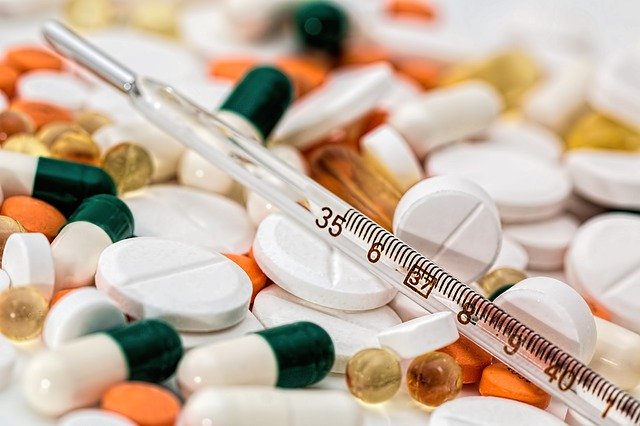
Antibiotics were a breakthrough discovery, saving the lives and health of millions of people. However, all living organisms evolve slowly, and humans are no exception. Over time, a few generations from now, some diseases may not be treatable with the drugs we use today. Take influenza, for example. Influenza has mutated over the years and some forms of the disease are no longer curable. No wonder this disease has become a killer of many people every year. Children and the elderly, whose defenses are inadequate, are especially at risk.
As already mentioned, antibiotics are very effective drugs and solutions to many health problems. Can we imagine a world without antibiotics? This is something that future generations, and even we already have to prepare for. As such, antibiotics are losing their effectiveness against many new types of diseases, as well as those we have already experienced. Diseases can adapt to antibiotics, thus denying us the possibility of protecting ourselves from them. How can we address this problem?
Medicine is constantly trying to move forward, but there are still problems that cannot be eliminated or investigated. Like cancer, for example. The same may be true for diseases such as influenza and pneumonia in a few decades.  For example, in the Middle Ages it was common to die from these diseases. It may still be so in a few decades. Fortunately, there are very competent doctors and scientists in the world who will find other treatments to avoid these problems, like antibiotics so far. But we should not wait for the moment when we get sick. We must do everything we can to prevent it. This means taking plenty of vitamins, staying stress-free, staying mentally healthy, playing sports, and most importantly, not being stained by alcohol or other addictive substances. If you are mentally healthy, you do not need to cure your physical aspect. We can only hope that now scientists will find another way to heal instead of antibiotics.
For example, in the Middle Ages it was common to die from these diseases. It may still be so in a few decades. Fortunately, there are very competent doctors and scientists in the world who will find other treatments to avoid these problems, like antibiotics so far. But we should not wait for the moment when we get sick. We must do everything we can to prevent it. This means taking plenty of vitamins, staying stress-free, staying mentally healthy, playing sports, and most importantly, not being stained by alcohol or other addictive substances. If you are mentally healthy, you do not need to cure your physical aspect. We can only hope that now scientists will find another way to heal instead of antibiotics.